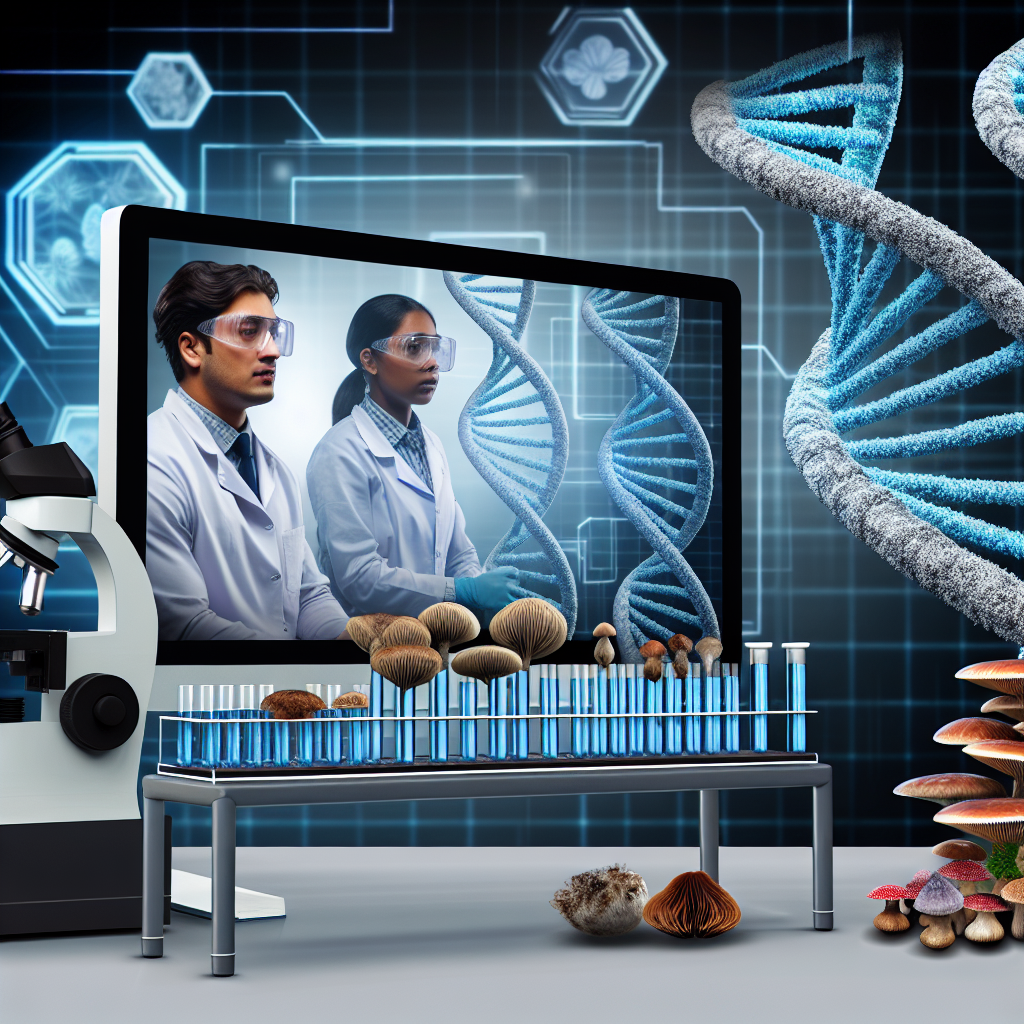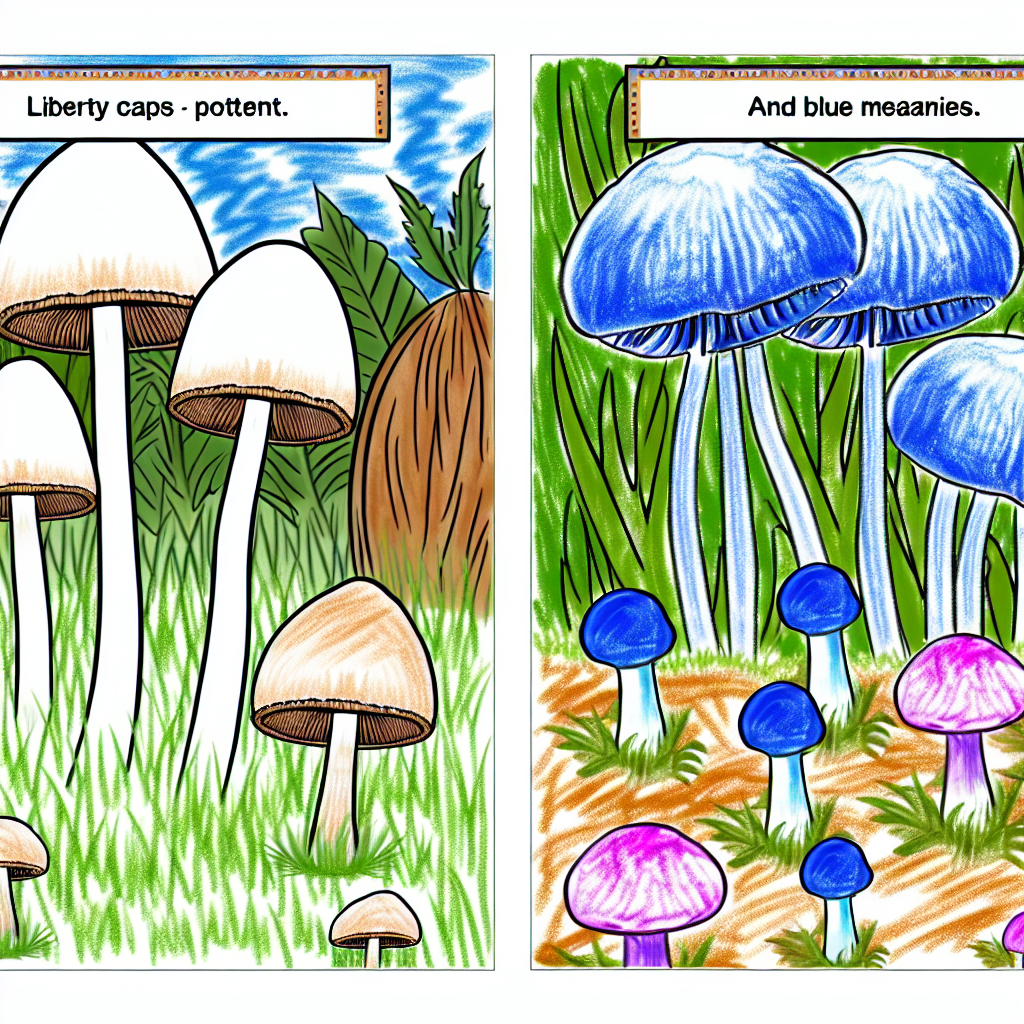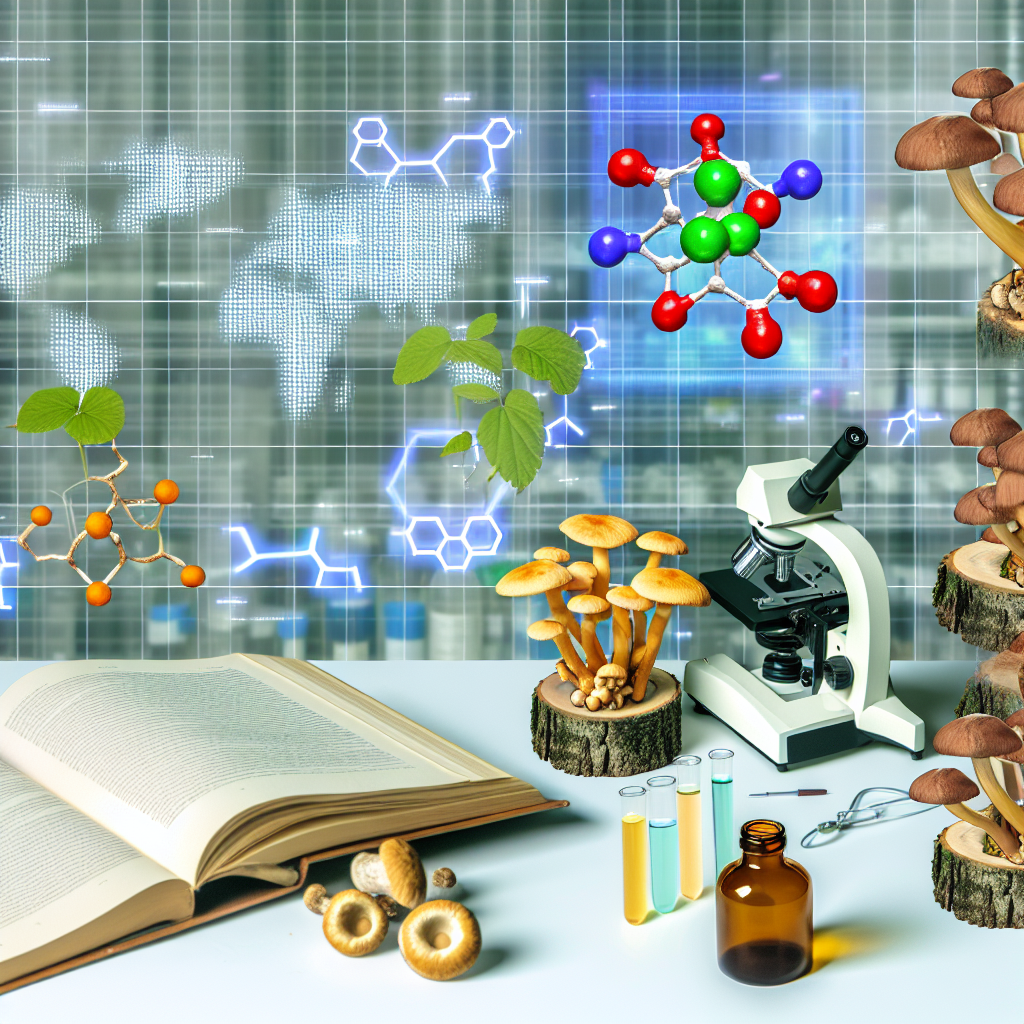DNA Testing for Optimal Mushroom Response: A New Era in Personalized Medicine
The quest for more effective, personalized healthcare is transforming how we approach everything from disease prevention to therapeutic interventions. One of the most promising innovations to emerge from this revolution is the integration of DNA testing into personalized medicine. At the intersection of genomics and natural therapeutics lies an exciting frontier: optimizing the effects of medicinal mushrooms, such as psilocybin, lion’s mane, reishi, and cordyceps, based on individual genetic profiles.
Medicinal mushrooms have been used in traditional cultures for millennia for their cognitive, immune-boosting, and adaptogenic properties. Today, scientific research is confirming that these compounds can offer real neuroprotective, anti-inflammatory, and psychoactive benefits. Psilocybin, a naturally occurring psychedelic compound found in “magic mushrooms,” is now being studied extensively for its efficacy in treating depression, PTSD, and anxiety. However, studies show that responses to these compounds can vary dramatically from person to person. Genetics may hold the key to unlocking why some individuals experience profound benefits while others see minimal change or unwanted side effects.
Unlocking Nature Through Science: How DNA Shapes Your Mushroom Response
In recent years, a growing body of research has begun to explore the genetic variables that affect response to psychoactive mushrooms and other medicinal varieties. One of the key areas of interest revolves around the cytochrome P450 enzyme system (especially CYP2D6, CYP3A4, and CYP1A2), which governs drug metabolism in the liver. These enzymes are responsible for breaking down many compounds—including psilocybin and other natural alkaloids. Studies show that variants in the genes coding for these enzymes can lead to classifications like “rapid metabolizers,” “intermediate metabolizers,” or “poor metabolizers,” each affecting the blood concentration and duration of therapeutic action. This was clearly illustrated in a 2022 study by the University of Basel, which found metabolic differences influenced patient response times and outcomes during psilocybin trials.
Another pivotal gene in the conversation is 5-HT2A, the serotonin receptor gene most commonly associated with serotoninergic hallucinogens. Psilocybin primarily affects these receptors, and genetic polymorphisms in 5-HT2A can result in either heightened sensitivity or decreased efficacy. A collaborative genomics research paper published in the journal Pharmacogenomics highlights how variations in this gene can increase or dampen the intensity of psychedelic effects, potentially influencing the dosage needed for therapeutic impact or the risk of adverse psychological responses (PubMed – 5-HT2A polymorphism study).
In the realm of lion’s mane and its nootropic effects, genetics also matter. Lion’s mane stimulates the production of Nerve Growth Factor (NGF), which supports neuron regeneration and cognitive function. However, individuals with the BDNF Val66Met polymorphism may experience hindered neurological plasticity and differing neurotrophic response to such stimulation. Personalized protocols may soon be able to account for this, offering alternative dosing or strains to improve results.
Meet the Innovators: Companies at the Cutting Edge of Psychedelic Genomics
Emerging biotech companies like MushroomDNA, Genomind, and SelfDecode are beginning to offer integrative genetic panels that pair psychogenomic information with psilocybin therapeutic planning. Their services assess over 400 biomarkers to provide personalized insights on dosage prediction, risk of negative psychiatric responses, and metabolism rates for natural compounds.
Additionally, high-quality clinical trials continue to investigate how personalized treatment plans, aided by genomics, can advance mental health protocols leveraging psychedelics. The Johns Hopkins Center for Psychedelic and Consciousness Research is leading multiple studies that incorporate patient-specific variables such as genetic makeup, emotional history, and biometrics with individualized psilocybin treatments.
The Future of Medicinal Mushrooms: Personalized, Predictable and Potent
Ultimately, applying DNA testing to medicinal mushroom therapy isn’t speculative science—it’s a strategic method to transform how we understand natural treatments, ensuring more predictable, effective, and safe outcomes.
The integration of DNA testing into medicinal mushroom therapy represents a bold new chapter in personalized healthcare. By decoding how our bodies uniquely respond to compounds like psilocybin, lion’s mane, and reishi, we can thoughtfully tailor treatments and maximize healing potential. As scientific understanding deepens and accessible genetic tools become more mainstream, consumers and healthcare professionals alike will find themselves better equipped to harness the full power of mushrooms in natural medicine—prescribed not by general tradition, but by our individual blueprints.
Summary:
The integration of DNA testing into medicinal mushroom therapy represents a bold new chapter in personalized healthcare. By decoding how our bodies uniquely respond to compounds like psilocybin, lion’s mane, and reishi, we can thoughtfully tailor treatments and maximize healing potential. As scientific understanding deepens and accessible genetic tools become more mainstream, consumers and healthcare professionals alike will find themselves better equipped to harness the full power of mushrooms in natural medicine.

Dominic E. is a passionate filmmaker navigating the exciting intersection of art and science. By day, he delves into the complexities of the human body as a full-time medical writer, meticulously translating intricate medical concepts into accessible and engaging narratives. By night, he explores the boundless realm of cinematic storytelling, crafting narratives that evoke emotion and challenge perspectives. Film Student and Full-time Medical Writer for ContentVendor.com




